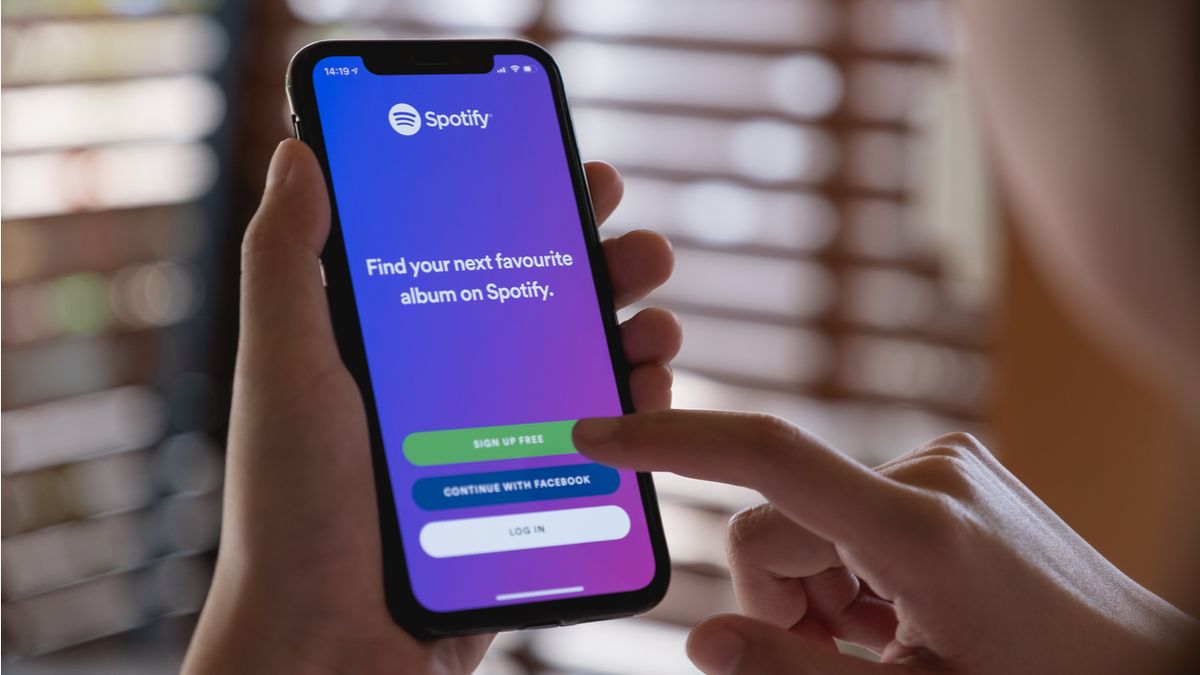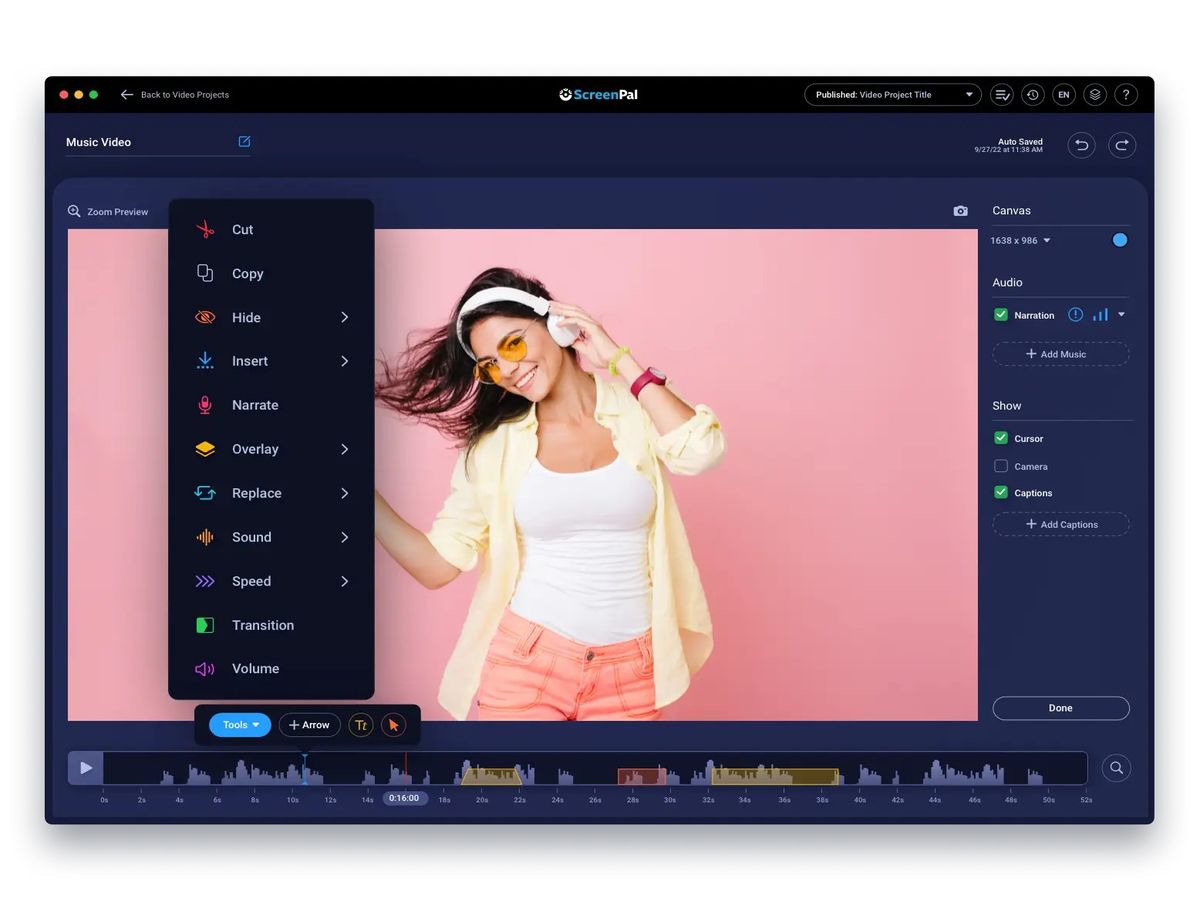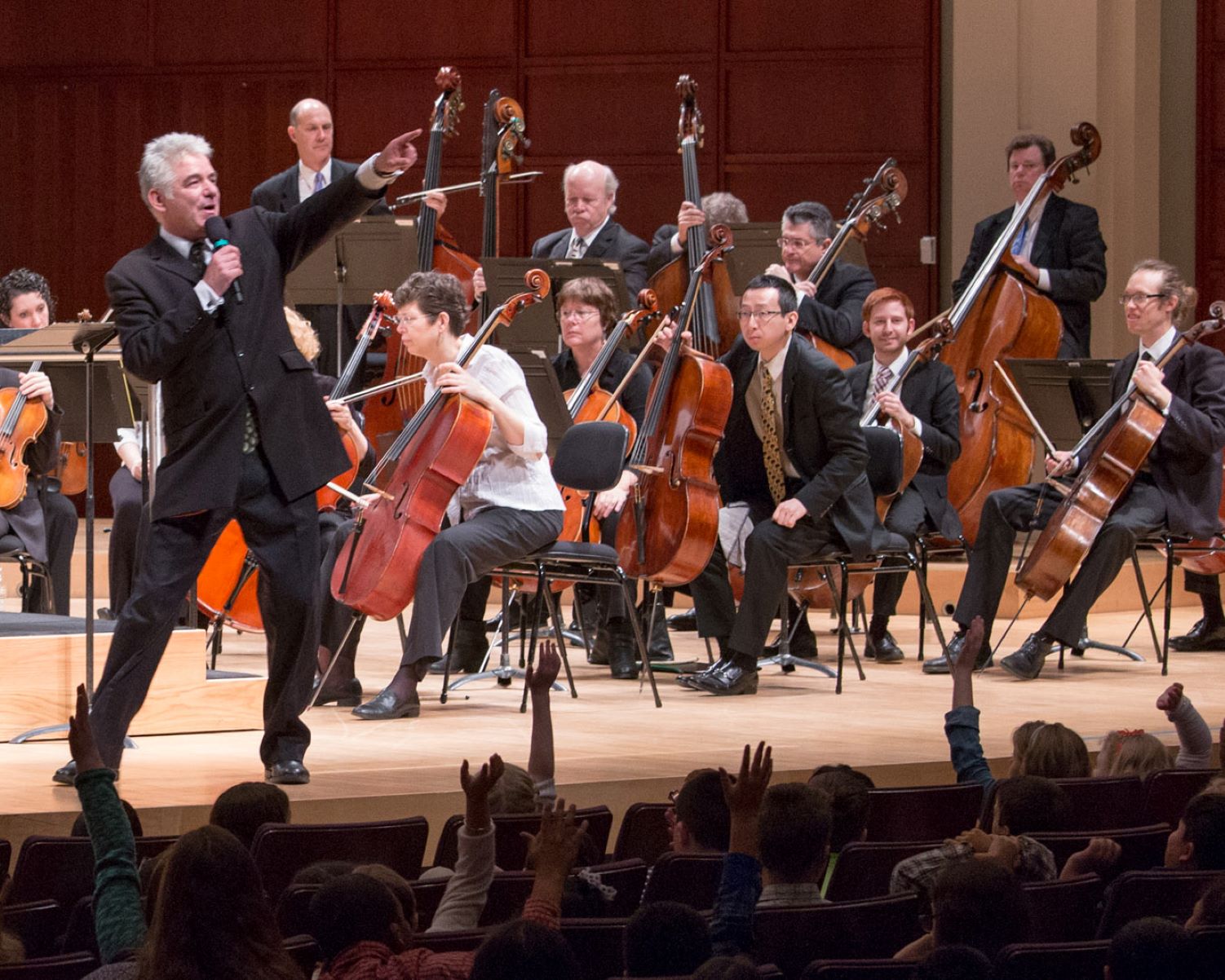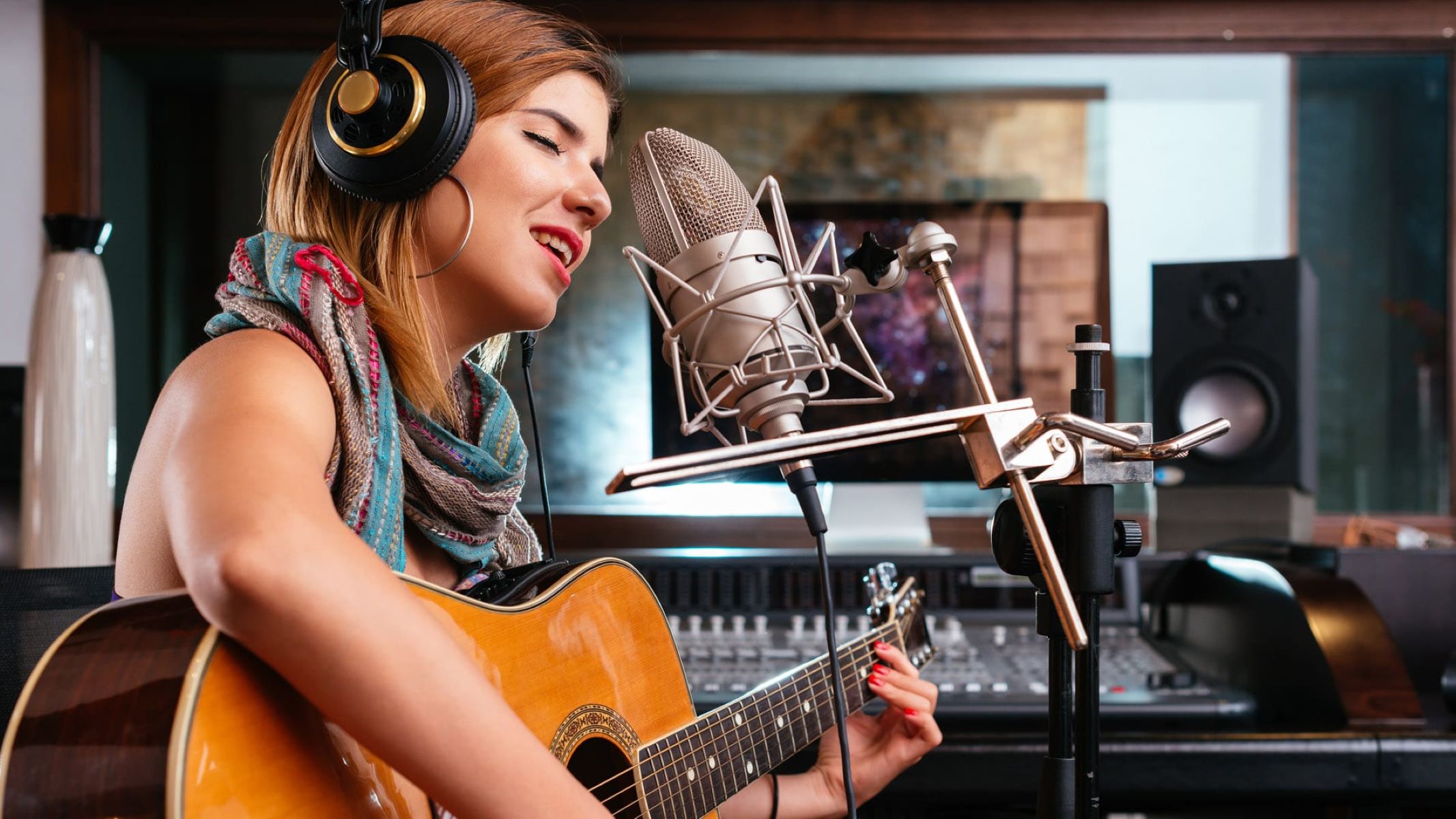Home>Production & Technology>Songwriter>How Can I Make Money As A Songwriter/Musician


Songwriter
How Can I Make Money As A Songwriter/Musician
Published: February 26, 2024
Learn how to make money as a songwriter and musician. Discover strategies to monetize your music and turn your passion into a profitable career.
(Many of the links in this article redirect to a specific reviewed product. Your purchase of these products through affiliate links helps to generate commission for AudioLover.com, at no extra cost. Learn more)
Table of Contents
Introduction
Becoming a successful songwriter or musician is a dream for many music enthusiasts. The allure of creating captivating melodies and meaningful lyrics, and sharing them with the world, is undeniably appealing. However, navigating the music industry and transforming this passion into a sustainable source of income requires a combination of talent, perseverance, and strategic thinking.
In this article, we will explore the various avenues through which songwriters and musicians can monetize their craft. From writing and selling songs to performing live and leveraging digital platforms, there are numerous opportunities to generate income while pursuing your artistic aspirations. Understanding the intricacies of the music industry, honing your creative skills, and embracing modern marketing techniques are essential steps on this journey.
Whether you are an aspiring songwriter looking to turn your poetic musings into profitable compositions or a talented musician seeking to captivate audiences and secure lucrative opportunities, this guide will provide valuable insights and practical tips to help you achieve your financial goals while staying true to your artistic vision. Let's delve into the multifaceted world of songwriting and music-making, where creativity meets commerce in a harmonious blend of passion and profit.
Understanding the Music Industry
The music industry is a complex and ever-evolving landscape that encompasses a wide array of stakeholders, including artists, record labels, music publishers, streaming platforms, concert promoters, and more. To thrive as a songwriter or musician, it is crucial to grasp the fundamental dynamics and trends that shape this dynamic industry.
Embracing Digital Transformation
In recent years, the music industry has undergone a profound digital transformation, with streaming services becoming the primary mode of music consumption. As a result, traditional revenue streams, such as physical album sales, have given way to digital downloads and streaming royalties. Understanding the nuances of digital music distribution and the role of streaming platforms is essential for navigating the contemporary music landscape.
Copyright and Royalties
Songwriters and musicians rely on copyright protection to safeguard their creative works and ensure they receive fair compensation for their contributions. Understanding the intricacies of music copyrights, performance royalties, mechanical royalties, and synchronization rights is vital for maximizing earnings from your compositions and recordings.
Industry Trends and Market Demands
Staying attuned to industry trends and market demands is pivotal for songwriters and musicians seeking commercial success. Whether it involves identifying popular genres, analyzing consumer preferences, or anticipating emerging trends, keeping a finger on the pulse of the music industry can inform your creative decisions and business strategies.
Relationship Building and Networking
The music industry thrives on relationships and networking. Building connections with industry professionals, fellow artists, and music enthusiasts can open doors to collaborations, performance opportunities, and potential revenue streams. Cultivating a strong network and fostering meaningful connections can significantly impact your trajectory as a songwriter or musician.
Adaptability and Resilience
Adaptability and resilience are indispensable traits in the music industry. Whether it's adapting to technological innovations, responding to shifts in consumer behavior, or navigating the challenges of a competitive market, the ability to evolve and persevere in the face of change is crucial for long-term success.
Understanding the inner workings of the music industry, from digital distribution to copyright protection and market dynamics, equips songwriters and musicians with the knowledge and insight needed to navigate this multifaceted terrain. By embracing digital transformation, staying informed about industry trends, and fostering valuable connections, aspiring music professionals can position themselves for sustainable success in the ever-evolving world of music.
Writing and Selling Songs
Crafting compelling songs that resonate with audiences is at the heart of a songwriter's artistic journey. Whether penning introspective ballads, infectious pop anthems, or soul-stirring melodies, the process of writing and selling songs is a cornerstone of a musician's livelihood. Here's a closer look at the various facets of this creative and commercial endeavor:
Songwriting Craft and Creativity
Songwriting is a deeply personal and expressive art form that involves channeling emotions, experiences, and observations into poetic lyrics and memorable melodies. Cultivating your songwriting craft involves honing your storytelling abilities, exploring diverse musical styles, and embracing vulnerability in your creative expression. From capturing fleeting moments of inspiration to refining your compositions through iterative revisions, the journey of a songwriter is marked by dedication, introspection, and a relentless pursuit of artistic excellence.
Publishing and Licensing
Once a song is crafted, the next step is to explore avenues for publishing and licensing. Music publishers play a pivotal role in representing songwriters and securing opportunities for their compositions to be recorded, performed, and featured in various media. Licensing your songs for use in films, television shows, commercials, and other visual media can be a lucrative source of income, offering exposure and financial rewards for your creative endeavors.
Collaborative Opportunities
Collaborating with other songwriters, musicians, and producers can enrich your creative process and expand your commercial prospects. Co-writing sessions, music production partnerships, and collaborative projects with artists from diverse genres can lead to the creation of compelling songs with broad appeal. Additionally, leveraging your network to pitch songs to established artists, bands, and music labels can open doors to lucrative recording and publishing deals, amplifying the reach and impact of your compositions.
Digital Distribution and Streaming Revenue
In the digital age, leveraging online platforms for song distribution and monetization is essential for reaching global audiences and generating revenue. Utilizing digital music distributors and streaming services allows songwriters to showcase their work to a vast audience while earning royalties based on streaming metrics. Understanding the nuances of digital rights management, metadata optimization, and playlist placement can enhance your songs' visibility and revenue potential in the digital music ecosystem.
Entrepreneurial Mindset and Marketing
Embracing an entrepreneurial mindset is crucial for songwriters seeking to sell their songs effectively. Developing a strategic marketing plan, building a compelling online presence, and engaging with fans through social media platforms can amplify your songs' commercial appeal and connect you with a loyal fan base. Exploring opportunities for live performances, merchandise sales, and crowdfunding initiatives can further bolster your revenue streams and deepen your connection with music enthusiasts.
From nurturing your songwriting craft to exploring publishing and licensing opportunities, collaborating with fellow artists, and harnessing digital distribution channels, the journey of writing and selling songs is a dynamic blend of creativity and commerce. By embracing the multifaceted nature of the music industry and leveraging modern marketing techniques, songwriters can transform their artistic visions into tangible financial rewards, paving the way for a fulfilling and sustainable career in music.
Performing and Licensing Music
Performing and licensing music are integral components of a musician's career, offering diverse avenues for showcasing artistic talent and generating income. Whether captivating audiences with live performances or securing licensing deals for commercial use, these endeavors play a pivotal role in shaping a musician's professional trajectory.
Live Performances and Concerts
Live performances serve as a powerful platform for musicians to connect with their audience on a visceral level, infusing their compositions with raw emotion and captivating stage presence. From intimate acoustic sets in cozy venues to electrifying stadium concerts, the art of live performance allows musicians to share their music in a tangible, immersive manner, forging deep connections with fans and enthusiasts. The revenue generated from ticket sales, merchandise, and VIP experiences at live shows can significantly contribute to a musician's income while fostering a loyal and dedicated fan base.
Music Licensing for Visual Media
Licensing music for use in visual media, including films, television shows, advertisements, and video games, presents lucrative opportunities for musicians to expand their reach and earn royalties. The process of securing licensing deals involves collaborating with music supervisors, production companies, and licensing agencies to place original compositions or existing tracks in visual projects. This not only provides exposure for the musician's work but also offers a steady stream of revenue through synchronization licenses and performance royalties, enhancing the financial sustainability of their artistic endeavors.
Sync Placements and Brand Partnerships
Sync placements, where a musician's song is synchronized with visual content to evoke a specific mood or enhance storytelling, can elevate the visibility and commercial value of their music. Furthermore, forging brand partnerships for music placement in advertisements and promotional campaigns can yield substantial financial rewards while amplifying the musician's brand presence in the market. By aligning their music with compelling visual narratives and brand messaging, musicians can leverage the power of sync placements to diversify their revenue streams and reach new audiences across diverse media platforms.
Touring and Residency Opportunities
Embarking on national or international tours and securing residency opportunities at renowned venues or entertainment establishments can be a lucrative avenue for musicians to showcase their talent while earning substantial performance fees. Touring offers exposure to diverse audiences, fosters fan engagement, and creates networking opportunities within the music industry. Additionally, securing residencies at popular music venues or entertainment hubs can provide a steady source of income and elevate the musician's status within the live performance circuit, paving the way for sustained success in the realm of live music.
Performing live and licensing music for visual media are multifaceted endeavors that empower musicians to share their artistry with the world while reaping financial rewards. By embracing the thrill of live performances, harnessing the potential of music licensing, and seizing opportunities for touring and brand partnerships, musicians can carve a path to sustainable success in the dynamic landscape of the music industry.
Collaborating with Other Artists
Collaborating with other artists offers a myriad of creative and commercial possibilities for songwriters and musicians. Whether embarking on collaborative songwriting ventures, participating in cross-genre musical projects, or engaging in featured artist collaborations, the synergy of artistic minds can yield captivating compositions and unlock new avenues for commercial success.
One of the most compelling aspects of collaborating with other artists is the opportunity to blend diverse creative perspectives and musical styles. Co-writing sessions, in particular, enable songwriters to pool their lyrical prowess and melodic ingenuity, resulting in compositions that resonate with a broader audience. By harnessing the collective creativity of multiple artists, songwriters can infuse their works with fresh energy, innovative melodies, and thought-provoking narratives, elevating the emotional impact and commercial appeal of their songs.
Furthermore, collaborating with established artists or bands can open doors to expansive fan bases and industry connections. Featuring as a guest artist on a fellow musician's track or engaging in collaborative projects with renowned performers can amplify a songwriter's visibility and introduce their music to new audiences. This exposure not only enhances the artist's brand recognition but also lays the groundwork for potential performance opportunities, licensing deals, and cross-promotional ventures, thereby augmenting their revenue streams and market presence.
In addition to the artistic enrichment that collaborative endeavors offer, they also present lucrative prospects for securing recording and publishing deals. Co-writing sessions that result in compelling compositions can capture the attention of music publishers, record labels, and music supervisors, paving the way for commercial exploitation and widespread dissemination of the collaborative works. Moreover, leveraging the combined networks and industry affiliations of collaborating artists can lead to strategic introductions and partnerships, fostering long-term business relationships and unlocking new revenue-generating opportunities.
Collaborating with other artists is a testament to the transformative power of creative synergy and collective expression. By embracing collaborative songwriting, engaging in featured artist collaborations, and leveraging the influence of established musicians, songwriters and musicians can expand their artistic horizons, amplify their market impact, and forge enduring connections within the vibrant tapestry of the music industry.
Utilizing Social Media and Online Platforms
In today's digital age, the strategic utilization of social media and online platforms has become instrumental in the success of songwriters and musicians. These dynamic channels offer unparalleled opportunities to connect with a global audience, cultivate a dedicated fan base, and monetize creative content. Here's a comprehensive exploration of the multifaceted benefits and strategies for leveraging social media and online platforms in the music industry.
Building a Compelling Online Presence
Establishing a compelling online presence is the cornerstone of effective digital marketing for songwriters and musicians. This entails creating and maintaining professional profiles on popular social media platforms such as Instagram, Facebook, Twitter, and TikTok, as well as leveraging artist-specific platforms like Spotify for Artists and Apple Music for Artists. By curating engaging content, sharing behind-the-scenes glimpses, and offering exclusive sneak peeks into the creative process, artists can forge authentic connections with their audience, fostering a sense of intimacy and loyalty.
Engaging with Fans and Followers
Engagement is key to nurturing a thriving online community of music enthusiasts. Responding to comments, direct messages, and fan inquiries demonstrates a genuine commitment to audience interaction, fostering a sense of inclusivity and appreciation. Live Q&A sessions, interactive polls, and virtual meet-and-greets provide avenues for direct engagement, allowing artists to gain valuable insights into their audience's preferences while strengthening the bond between creator and fan.
Content Monetization and Digital Distribution
Social media and online platforms serve as springboards for content monetization and digital distribution. From promoting new music releases and merchandise offerings to directing fans to streaming platforms and online stores, artists can leverage these channels to drive revenue and expand their reach. Additionally, platforms like YouTube and Patreon offer avenues for artists to generate income through ad revenue, channel memberships, and fan subscriptions, providing a sustainable revenue stream outside traditional music sales.
Amplifying Visibility and Reach
Strategic use of social media and online platforms can amplify an artist's visibility and reach, transcending geographical boundaries and cultural barriers. Leveraging targeted advertising, influencer partnerships, and viral content strategies can propel an artist's music and brand into the spotlight, capturing the attention of diverse audiences and industry stakeholders. Furthermore, harnessing the power of user-generated content and fan-driven initiatives can organically amplify an artist's online presence, fostering a vibrant ecosystem of shared enthusiasm and creative collaboration.
Embracing Innovation and Trends
Staying abreast of emerging digital trends and technological innovations is essential for maximizing the impact of social media and online platforms. From exploring immersive experiences through virtual reality concerts and augmented reality filters to embracing interactive storytelling via Instagram Stories and Facebook Live, artists can captivate audiences with cutting-edge content formats, driving engagement and fostering a culture of digital innovation.
In essence, the strategic utilization of social media and online platforms empowers songwriters and musicians to cultivate a robust digital presence, engage with their audience authentically, and monetize their creative endeavors effectively. By embracing these platforms as dynamic tools for artistic expression, community building, and commercial growth, artists can navigate the digital landscape with confidence and creativity, unlocking new pathways to success in the ever-evolving music industry.
Networking and Building Relationships
Networking and building meaningful relationships are pivotal components of a successful career in the music industry. Beyond talent and creativity, the ability to forge genuine connections with industry professionals, fellow artists, and music enthusiasts can open doors to collaborative opportunities, performance engagements, and commercial ventures. Here's a comprehensive exploration of the significance of networking and relationship-building in the realm of songwriting and music-making.
Industry Connections and Collaborative Opportunities
Establishing a strong network within the music industry can lead to collaborative ventures that amplify creative potential and commercial prospects. Connecting with music producers, recording engineers, and fellow songwriters can spark collaborative projects that yield innovative compositions and unlock new avenues for artistic expression. Furthermore, fostering relationships with established artists, bands, and industry influencers can culminate in featured artist collaborations, co-writing opportunities, and strategic alliances that elevate an artist's visibility and market impact.
Professional Development and Mentorship
Networking provides access to invaluable mentorship and professional development opportunities. Engaging with seasoned professionals and industry veterans can offer insights into navigating the complexities of the music business, honing one's craft, and making informed career decisions. Mentorship relationships can provide guidance on navigating industry challenges, refining artistic identity, and seizing opportunities for growth, empowering emerging songwriters and musicians to navigate their career trajectories with confidence and clarity.
Industry Events and Music Conferences
Participating in industry events, music conferences, and networking mixers presents fertile ground for expanding one's professional circle and cultivating industry relationships. Attending showcases, panel discussions, and networking sessions offers opportunities to connect with music industry insiders, talent scouts, and potential collaborators. These events serve as platforms for showcasing artistic prowess, exchanging ideas, and forging alliances that can catalyze career advancement and open doors to performance opportunities, publishing deals, and collaborative ventures.
Community Engagement and Grassroots Networking
Engaging with local music communities and grassroots initiatives fosters organic relationship-building and grassroots support. Participating in open mic nights, songwriter circles, and music workshops cultivates connections with fellow artists and music aficionados, creating a supportive ecosystem for artistic growth and collaboration. These grassroots networks can provide a springboard for securing performance opportunities, garnering local media attention, and cultivating a dedicated fan base that forms the bedrock of an artist's career.
Digital Networking and Online Communities
In the digital sphere, leveraging online communities, music forums, and social media groups can expand an artist's network beyond geographical constraints. Engaging in meaningful conversations, sharing insights, and showcasing creative work within digital communities fosters connections with like-minded individuals, potential collaborators, and industry professionals. Additionally, participating in virtual networking events, webinars, and online masterclasses offers avenues for connecting with a global audience and forging alliances that transcend physical boundaries.
In essence, networking and relationship-building are indispensable pillars of success for songwriters and musicians. By nurturing industry connections, embracing collaborative opportunities, and engaging with diverse communities, artists can cultivate a robust support system, amplify their creative potential, and position themselves for sustained success in the dynamic landscape of the music industry.
Conclusion
In the ever-evolving landscape of the music industry, songwriters and musicians are presented with a myriad of opportunities to transform their artistic passion into a sustainable source of income. From the intricacies of songwriting and music production to the dynamics of digital distribution, live performances, and collaborative ventures, the journey of monetizing one's musical talent is a harmonious blend of creativity and commerce.
Aspiring songwriters and musicians are encouraged to embrace the multifaceted nature of the music industry, understanding the nuances of digital transformation, copyright protection, and market dynamics. By staying attuned to industry trends and cultivating meaningful relationships within the music community, artists can position themselves for long-term success while navigating the challenges and opportunities presented by the digital age.
The process of writing and selling songs offers a canvas for artistic expression and commercial viability, with avenues for publishing, licensing, and digital distribution amplifying the reach and revenue potential of original compositions. Collaborating with fellow artists, harnessing the power of social media and online platforms, and engaging in strategic networking initiatives are essential components of a holistic approach to monetizing one's musical talent.
From captivating live performances that forge deep connections with audiences to securing licensing deals that extend the reach of one's music across diverse media platforms, the convergence of artistic prowess and entrepreneurial acumen paves the way for sustainable success in the music industry. By embracing innovation, staying abreast of digital trends, and fostering a robust online presence, songwriters and musicians can navigate the digital landscape with confidence and creativity, unlocking new pathways to commercial growth and artistic fulfillment.
In conclusion, the journey of making money as a songwriter or musician transcends the realms of creativity and commerce, weaving a narrative of passion, resilience, and artistic ingenuity. By embracing the dynamic interplay of artistic expression and commercial viability, aspiring music professionals can chart a course towards sustainable success, leaving an indelible imprint on the vibrant tapestry of the music industry.











